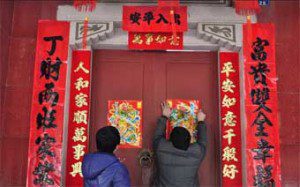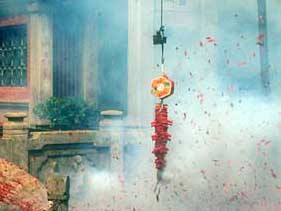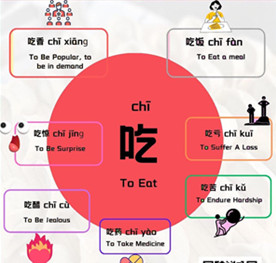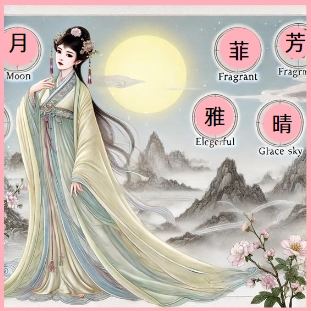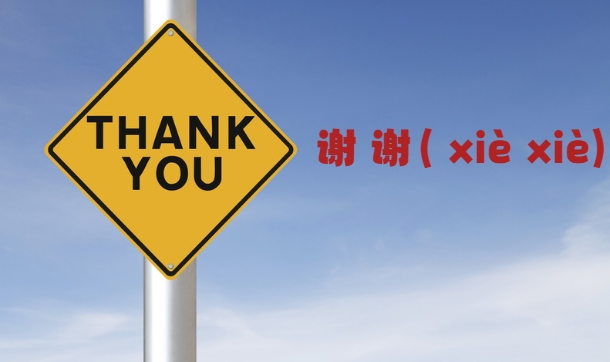Chinese New Year Legend
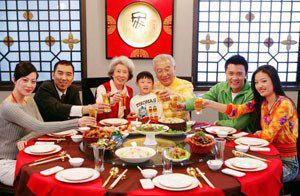 The Chinese New Year (农历新年, Nónglì Xīnnían), also known as the Lunar New Year is the most important of the traditional Chinese holidays. To the Chinese people it is as important as Christmas to people in the West.
The Chinese New Year (农历新年, Nónglì Xīnnían), also known as the Lunar New Year is the most important of the traditional Chinese holidays. To the Chinese people it is as important as Christmas to people in the West.It is celebrated on the first day of the first month of the Chinese Lunar Calendar and usually occurs between January and February, heralding the beginning of spring, thus it is known as Spring Festival. This traditional festival is also a festival of reunion, thus no matter how far away people are from their home, they would try their best to get back home to have the Reunion Dinner.
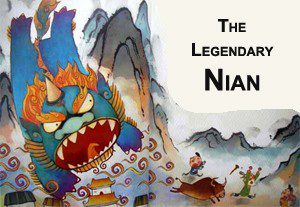 An ancient Chinese legend tells of a man-eating predatory beast called Nian, extremely fierce, with a long head and sharp horn. Nian dwelled deep in the sea the whole year long, but on every Chinese New Year eve it would climb onto the shore to devour livestock and harm humans in a near-by village. Therefore, every Chinese New Year’s Eve, all the villagers would take their old and young deep into the mountains to hide from Nian.
An ancient Chinese legend tells of a man-eating predatory beast called Nian, extremely fierce, with a long head and sharp horn. Nian dwelled deep in the sea the whole year long, but on every Chinese New Year eve it would climb onto the shore to devour livestock and harm humans in a near-by village. Therefore, every Chinese New Year’s Eve, all the villagers would take their old and young deep into the mountains to hide from Nian.One Chinese New Year’s Eve a grey haired man appeared in the village. He asked permission to stay for the night and assured everyone that he would chase away the beast. No one believed him. In addition, the old man steadfastly refused to go to the mountains to hide. Seeing that he could not be persuaded, the villagers departed without him. When the beast arrived at the village to wreck havoc as usual, it was met with a sudden burst of exploding firecrackers. Startled by the noise, the flashes of light and red banners flying about, it hastily turned and fled!


